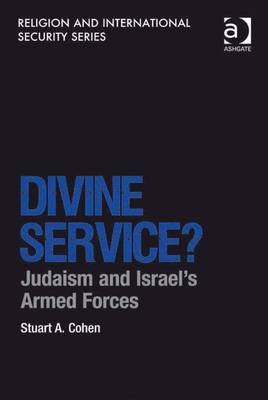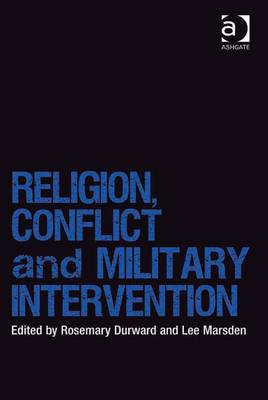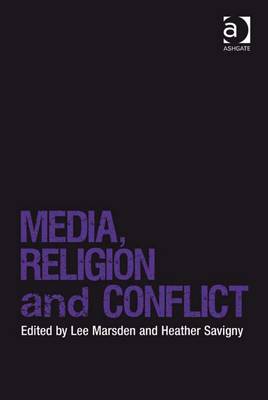Religion and International Security
3 total works
Religion now plays an increasingly prominent role in the discourse on international security. Within that context, attention largely focuses on the impact exerted by teachings rooted in Christianity and Islam. By comparison, the linkages between Judaism and the resort to armed force are invariably overlooked. This book offers a corrective. Comprising a series of essays written over the past two decades by one of Israel's most distinguished military sociologists, its point of departure is that the establishment of the state of Israel in 1948, quite apart from revolutionizing Jewish political activity, also triggered a transformation in Jewish military perceptions and conduct. Soldiering, which for almost two millennia was almost entirely foreign to Jewish thought and practice, has by virtue of universal conscription (for women as well as men) become a rite of passage to citizenship in the Jewish state. For practicing orthodox Jews in Israel that change generates dilemmas that are intellectual as well as behavioural, and has necessitated both doctrinal and institutional adaptations. At the same time, the responses thus evoked are forcing Israel's decision-makers to reconsider the traditional role of the Israel Defence Force (IDF) as their country's most evocative symbol of national unity.
Religion, Conflict and Military Intervention
For many years religion has been the neglected component of international relations and yet in an age of globalization and terrorism, religious identity has become increasingly important in the lives of people in the West as well as the developing world. The secularization thesis has been overtaken by an increased desire to understand how religious actors contribute to both conflict and the resolution of conflict. This volume brings an exciting new perspective with fresh ideas and analyses of the events shaping conflict and conflict resolution today. The book uniquely combines chapters highlighting Christian and Islamist theological approaches to understanding and interpreting conflict, as well as case studies on the role of religion in US foreign policy and the Iraq war, with religious perspectives on building peace once conflicts are resolved. The volume provides an ideal starting point for anyone wishing to gain a deeper understanding of the religious character of conflict in the twenty-first century and how such conflict could be resolved.
Media, Religion and Conflict
International relations as a discipline has largely ignored the role of religion in shaping international events. The growth of Islamist militancy, the increasing influence of the Christian Right on US foreign policy and George Bush's war on terror changed this for good. Now more than ever we need to analyze this change and consider how religion and the way it is represented affects international politics.
Lee Marsden and Heather Savigny uniquely bring together some of the leading figures in the fields of politics and media, international relations and security, and international relations and religion, including freelance journalist and newspaper columnist Nick Cohen, the international authority on politics and religion Professor Jeffrey Haynes, and Professor Justin Lewis who has a number of BBC commissions under his belt. The volume offers a series of case studies reflecting on how the media covers religion as conflict within and between states. It challenges readers to critically examine how media reportage and commentary influences perceptions and responses to religion and security.


